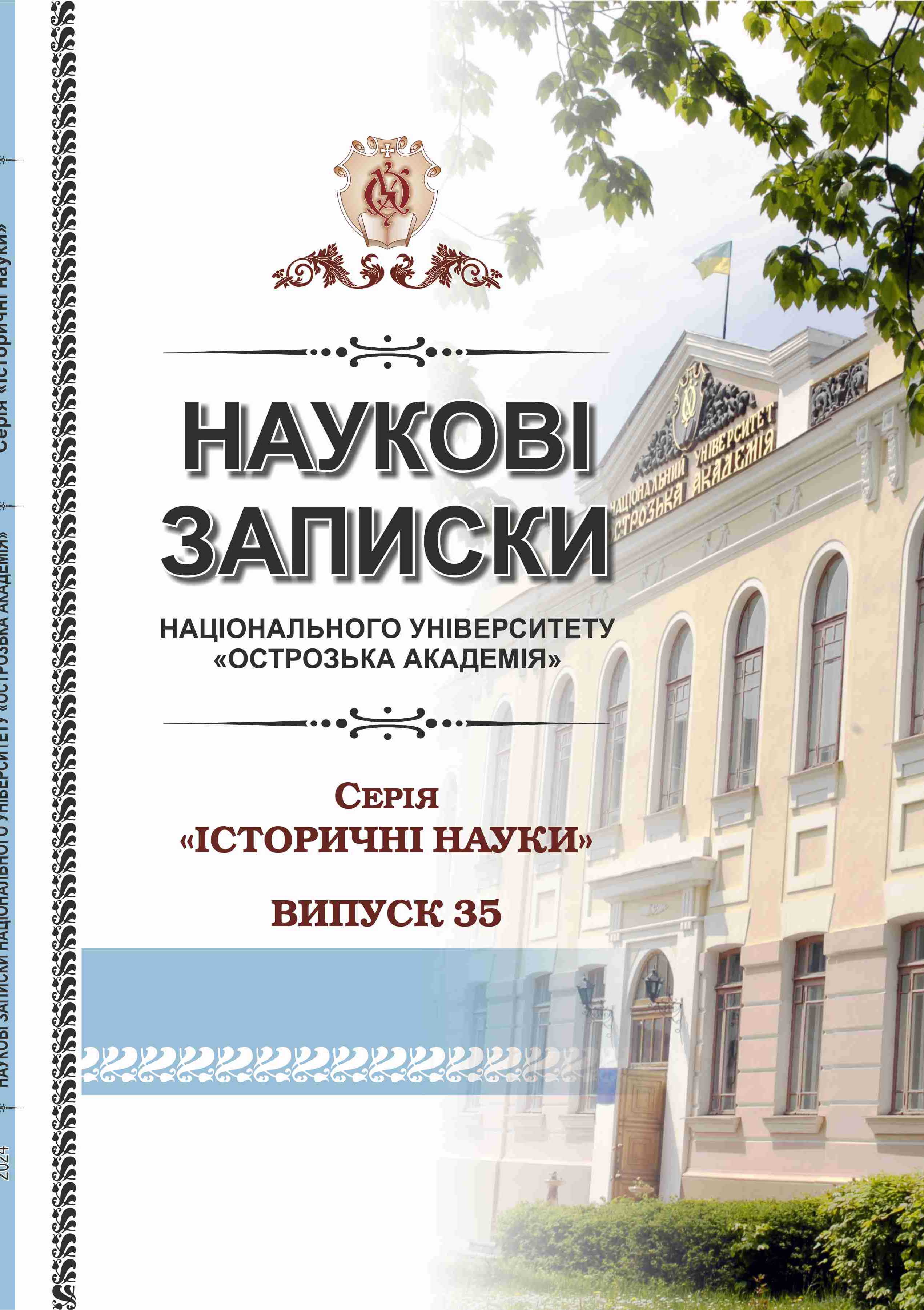OUT-OF-SCHOOL EDUCATION OF THE RURAL «PROSVITA» OF RIGHT-BANK UKRAINE (1917–1918)
Keywords:
«Prosvita», rural «Prosvita», society, out-of-school education, Right-Bank Ukraine, congressAbstract
An analysis of the published works of Ukrainian scientists was carried out, in which the issues of the activity of «Prosvit» and the development of extracurricular education in Ukraine in 1917-1918 were outlined. The role of rural societies in the issue of population education is defined, in particular, the organization of libraries, lectures, concerts, courses for adults, etc.
The role of educational congresses in the formation of extracurricular education is clarified. Forum delegates urged everyone to fight illiteracy by organizing relevant courses at each «Prosvit».
The development of out-of-school education as an organic part of the educational system of Ukraine was impossible without the participation of educational societies – the main implementers of various cultural and mass events in the countryside. The holding of the latter contributed to the growth of national awareness of Ukrainians, the formation of patriotism, the preservation of the native language, original culture, etc.
From the operational plan of the Department of Extracurricular Education, it can be seen that «Prosvits» played a key role in the development of extracurricular education, especially in the spread of such forms as lectures, concerts, etc. The lectures deepened the national consciousness of Ukrainians and contributed to the processes of self-determination of the rural population. The musical art of rural «Prosvits» became an effective means of aesthetic education, contributed to the further development of national traditions, and the consolidation of Ukrainians around the extracurricular sphere.
The contribution of the meeting of zemstvo and city leaders of extracurricular education (December 12-15, 1917) to the coordination of extracurricular work is clarified.
Due to the lack of resources, the village «Prosvit» began its activity by arranging small reading rooms and book collections. The centers paid special attention to the formation of educational institutions for adults.

